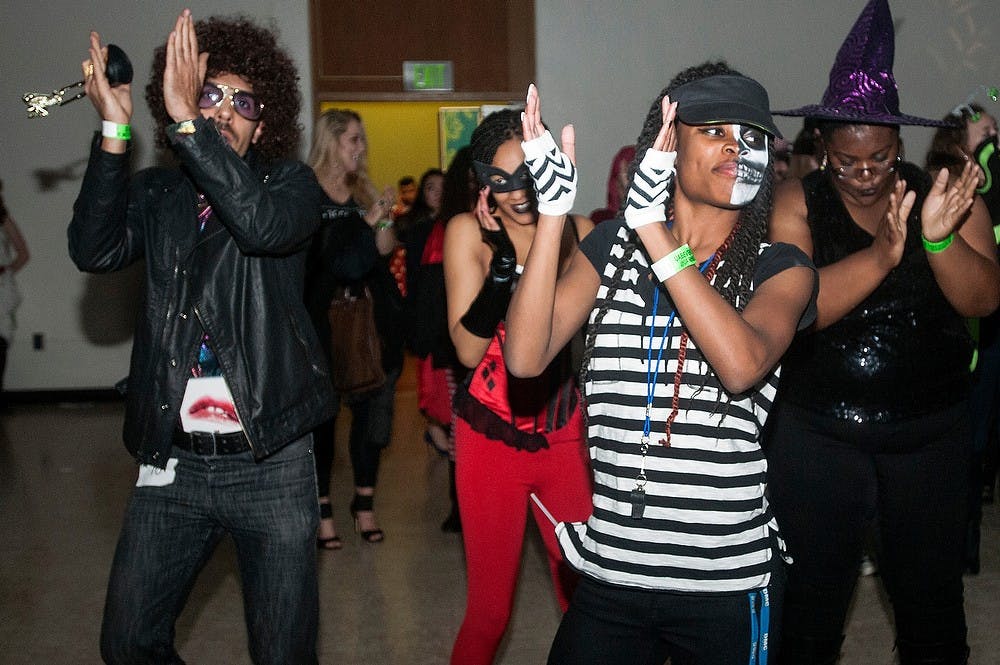It's the time of year when students are deciding exactly who they want to be for Halloween — the one day of the year where they can change their persona.
But, for some students, the costume situation is more about what they don't want to see rather than what they want to be.
"People don’t see culturally appropriated costumes as affecting the real world, but it affects Native Americans and other people of color in the real world," law student Emmy Scott said in an email to The State News.
Scott said when she posted a meme into a Halloween mixer event for the MSU Student Bar Association suggesting students who attend should not wear culturally inappropriate costumes, such as fake regalia and kimonos, the result was not what she expected.
She said the MSU SBA asked her to remove her comment because the group did not want to allow moral opinions which the group doesn't endorse as a whole.
"All I did was posted in the Facebook group, I posted a meme and I said 'Please nobody dress as Native American or Indian because someone did last year,'" Scott said.
The MSU SBA had not responded with a comment by press time.
Scott said it matters people think it's acceptable to dress up as a Native American because the stereotypes perpetuated by the costumes are reflected into law and policy.
"I don't think necessarily that it is coming out of a place of racism or hatred," North American Indigenous Student Organization, or NAISO, member and world politics junior Cassandra Shavrnoch said. "I think it's simply out of the fact that people don't realize that we're still a culture and that we're still around."
She said it's frustrating when people are wearing the costumes and people treat their community like they don't exist anymore.
"The problem is that, not only are we alive, but a lot of us still practice our culture," Scott said.
She said her regalia has a special, spiritual meaning to her, much like other cultures with their traditional garments.
MSU has not made an official rule or commented on students wearing offensive costumes, but the University Activities Board does feature a disclaimer for their costume contest during Spooktacular Campus Center Cinema showing this week.
According to the UAB events website, "UAB respects the cultural heritage of each community we encounter. Any costumes deemed as culturally offensive will not be considered for the contest."
Scott's undergraduate college, the University of North Dakota, has addressed the costume issue by emailing the entire student body each year with a statement about wearing culturally offensive costumes.
"There are opportunities for people to go and learn about culture in a fun way that is not going to be boring," Shavrnoch said.
Support student media!
Please consider donating to The State News and help fund the future of journalism.
Discussion
Share and discuss “Student speaks out against cultural appropriation on Halloween ” on social media.







